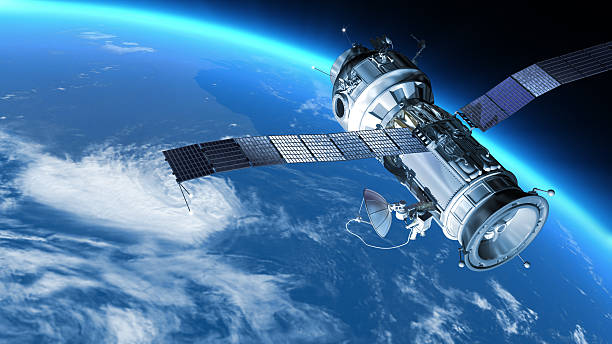In light of the rise in global temperature and looming natural occurrences, water has gradually become scarce in many regions, particularly Africa and the Middle East. Water has become a precious resource and a source of conflict across these regions. Africa depends mostly on rainfall for its agriculture and rivers for its aquatic life which brings up the need for adequate management and collaboration between nations that depend on these sources of water.
There is a widespread perception that Africa is predominantly a jungle covered in a canopy of trees. However, about 54% of the continent is arid to semi-arid, and only 14% is humid to very humid leaving only 31% to good rainfall. Global warming has worsened this situation forcing herders to travel longer distances in search of pasture and water for their herd as well as a reduction in yield among farmers.
The increase in human population has also strained the availability of water especially in urban areas where this population is denser. There is a limited water infrastructure in most urban areas in the continent leads to unequal access to safe drinking water and sanitation which gives a window to the threat of disease outbreaks.
To promote effective water management within the continent, there is a need for intra-African collaboration. Collaborative efforts and initiatives by water agencies and commissions across African nations relying on various water sources are necessary. The Cooperation in International Waters in Africa (CIWA) is one such initiative. Managed by the World Bank, the initiative has promoted sustainable, inclusive, climate-resilient growth; addressing constraints to cooperative management and development of trans-boundary waters.
The African Union’s Integrated Water Resources Management (IWRM) and the Southern African Development Community (SADC) are intra-African bodies that promote dialogue, shared responsibility, and joint decision-making for the sustainable management of water sources within the continent or region. Development of treaties, agreements, and protocols can be used to promote sustainable water use and conflict resolution.
There have been major strides achieved in the sustainable management of water on the continent. The Mapela Women Group water management through rainwater harvesting in Kenya; and the Senegal River Basin Development Organization (OMVS), formed by Guinea, Mali, Mauritania, and Senegal; are success stories of water projects. By cooperation between countries in specific regions and the continent as a whole, the preservation of water sources has been effected and sustained.
The use of modern and digital technology has also gone a long way in boosting water preservation in the continent. Satellite-based monitoring systems that track water sources, water levels; water purification technologies, etc. bolster the efficiency and sustainability of these water sources. A partnership between the private sector and the public sector should be encouraged to drive investments in infrastructure enhancing water storage, distribution networks, and wastewater treatment facilities to improve access to clean and drinkable water.
There is a need for community engagement and education on the importance of sustainable water management at the grassroots. Local knowledge and practices need to updated to more conventional practices need to be more encouraged. There is also a need for the education and empowerment of communities through initiatives and boot camps to foster a sense of responsibility towards water sources.
READ ALSO: Africa’s Progress Towards Clean Water Security
Financing constraints have been a limit to the provision of infrastructure and capacity-building towards effective and sustainable water management. Political tensions and governance issues are still hindering the effective implementation of regional agreements. These barriers continue to bar the political will, international support, and inclusive approaches that promote sustainable water management in marginalized communities and vulnerable populations.
By improving regional cooperation, embracing innovation, empowering communities, and overcoming barriers, African nations can embrace shared responsibility and inclusive governance to navigate the complexities of water resource management. Investment in infrastructure, technology transfer, capacity-building, and policy harmonization will boost efforts at sustainable development for a water-secure future for all Africans


